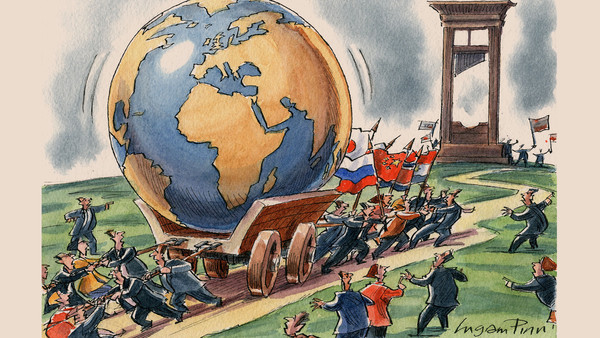The bias of today's new media is a complex issue that has several root causes. First and foremost, the economic incentives of the media industry have changed dramatically in recent years. In the past, media outlets relied on revenue from advertising and subscriptions to fund their operations. Today, however, social media platforms dominate the media landscape, and these platforms generate revenue through targeted advertising and data collection. As a result, media companies are incentivized to produce content that generates clicks, views, and shares, rather than content that is accurate, balanced, and informative.
Another factor contributing to the bias of new media is the increasing polarization of our society. As individuals become more entrenched in their own ideological beliefs, they are more likely to seek out information that confirms their existing views, rather than seeking out information that challenges them. This phenomenon is known as confirmation bias, and it is particularly prevalent on social media, where users can curate their own news feeds and block or unfollow those who disagree with them.
The combination of these factors has created a media landscape that is deeply polarized and often unbalanced. Media outlets are increasingly catering to their audiences' biases, rather than providing objective and impartial reporting. This has resulted in a collapse of dialogue, as individuals retreat into their own echo chambers and refuse to engage with those who hold different views.
The collapse of dialogue is a dangerous trend that threatens our democracy and our ability to address complex issues. When individuals are not willing to engage in constructive dialogue, it becomes nearly impossible to find common ground and work towards meaningful solutions. Instead, we are left with a society that is deeply divided and unable to address the challenges we face.
So, what can be done to address the bias of new media and the collapse of dialogue? First and foremost, media companies must prioritize accuracy and balance over clicks and shares. This will require a fundamental shift in the economic incentives of the media industry, as well as a renewed commitment to journalistic integrity and ethics.
Individuals can also play a role in addressing the bias of new media by seeking out diverse sources of information and engaging in constructive dialogue with those who hold different views. This requires a willingness to step outside of our comfort zones and engage with ideas that challenge our existing beliefs.
Ultimately, the bias of new media and the collapse of dialogue are complex issues that require a multifaceted approach. By prioritizing accuracy, balance, and constructive dialogue, we can begin to rebuild trust in the media and work towards a more informed and engaged society.







